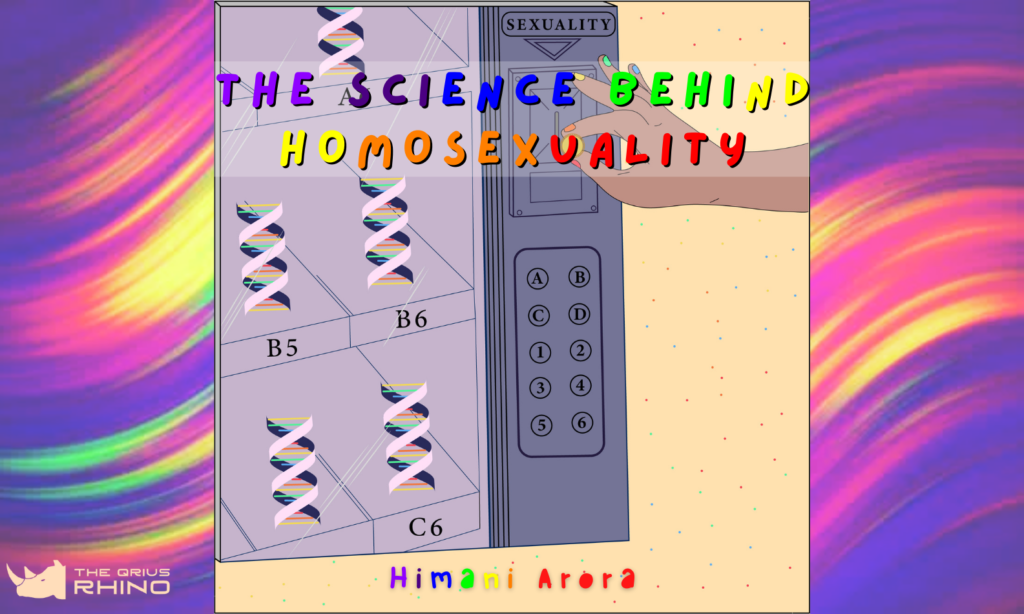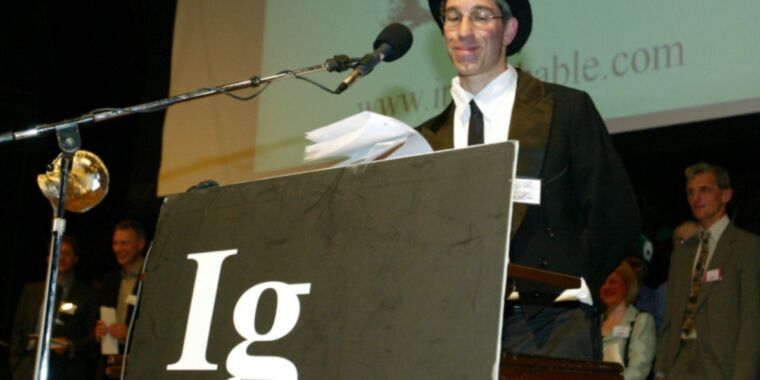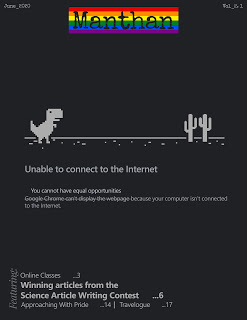
Featured

PLOS SciComm: In this recent blog publication in PLOS SciComm, Anna Funk discusses the fine line between science communication and science journalism
iGEM IISER Kolkata, Project Namooste: Tackling sub-clinical bovine mastitis using synthetic biology

The Qrius Rhino: A blog for nerds and laymen with the aim to provide a platform for active and engaging discussions on Science
On Simple Theories of a Complex World: Science is all about offering simple explanations to complicated things. But where does this agenda come from? W.V.O. Quine, one of the most influential philosophers of science in the 20th century, muses on the matter in a short 4-page article.

Hearing about the Ig NOBEL PRIZES for the first time, one can’t help but wonder whether the awardees are chosen with sincere intention or the awards are a sarcastic take on highlighting the absurdity of ideas. Although the topics would usually call a laugh the moment one hears it, winning this award is no joke! It is well accepted amongst the pundits and given for scientific works that are out of the box, unheard of, and even sometimes ridiculous. Founded 30 years ago by Marc Abrahams, Ig Nobel prizes are bestowed by actual Nobel Laureates at an event at Harvard University (expectedly, 2021 was a virtual one).
With the COVID-19 being the talk of the town for more than a year, anything else making it to the Medicine Nobel prize category would be a surprise. But it did, in the 2021 Ig. Although it did involve the study of improvement of nasal breathing, the context was far from COVID. It went to researchers for “demonstrating that sexual orgasms can be as effective as decongestant medicines at improving nasal breathing.”
Citation: “Can Sex Improve Nasal Function? — An Exploration of the Link Between Sex and Nasal Function,” Olcay Cem Bulut, Dare Oladokun, Burkard M. Lippert, and Ralph Hohenberger, Ear, Nose & Throat Journal, 2021, no. 0145561320981441.
Meanwhile, the prize for biology involved cats and sounds- The study of interaction modes between humans and cats! In the ecology category, the humble chewing gum and bacteria took it home with the prize going to researchers from Spain and Iran. They studied the community of bacteria living on the discarded chewing gums found on the pavement.
Citation: Leila Satari, Alba Guillén, Àngela Vidal-Verdú, and Manuel Porcar, for using genetic analysis to identify the different species of bacteria that reside in wads of discarded chewing gum stuck on pavements in various countries.
There are numerous other categories covering Physics, Transportation, and Economics. So go ahead to find out if human beards can protect you from face punches, and upside-down rhinos!

Vigyan Prasar is publishing a science magazine in Bangla. The fourth issue has just been published. If you can read Bangla, you might want to explore the current and past issues.

The June 2020 issue of Manthan explores science, culture and education through the times of a pandemic, standing to offer hope and solidarity in this uncertain period.
signup with your email to get the latest articles instantly